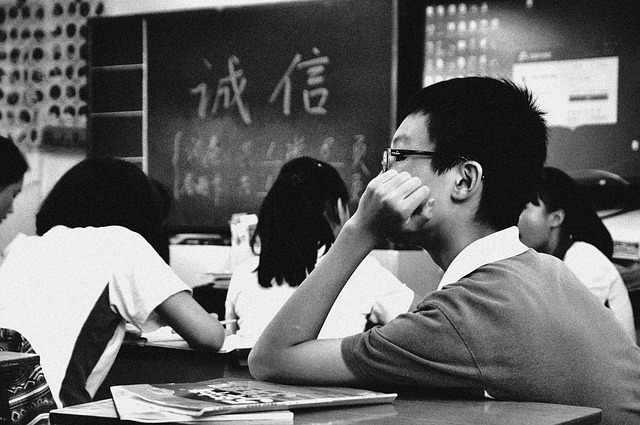90 years ago this week, Nancy Astor, the first female British MP to take her seat, held a garden party at Cliveden House to celebrate the passing of the Act of Parliament that granted equal voting rights for men and women. Rachel Newton has been delving into the University’s Astor archive and tells us what she’s discovered.
This summer, I have a research internship working with Dr Jacqui Turner on the undergraduate research opportunities programme (UROP) within the Department of History and in collaboration with Special Collections here at the University of Reading.
We are preparing a digital exhibition curating archive material to tell the story of the political career and legacy of Nancy Astor, the first sitting female MP in Britain. While I was researching, I came across some fascinating documents relating to a garden party that Astor held at her riverside country home, Cliveden House, almost exactly 90 years ago.










